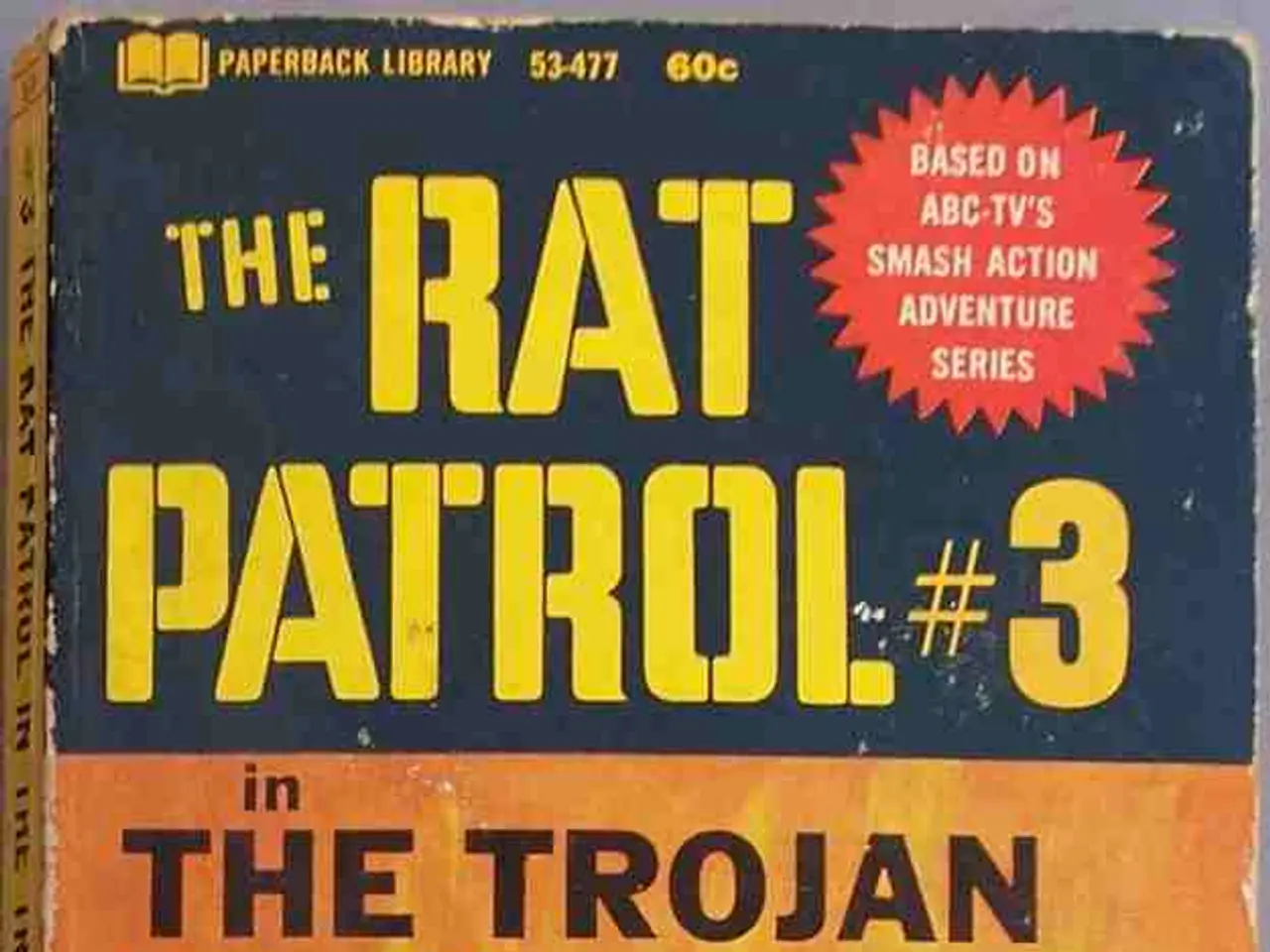Focus on Arms and Drug Trafficking: Recap of Sonora's New Border Enforcement Team Announced on Wednesday
The U.S. and Mexico have been working together to address the challenges of drug trafficking, arms smuggling, and the flow of illegal immigrants. Here's a look at the current policies and agreements between the two nations on the death penalty and arms trafficking.
Death Penalty
The U.S. has decided not to seek the death penalty in extradition cases involving several high-profile Mexican drug lords, such as Ismael "El Mayo" Zambada, Rafael Caro Quintero, and Vicente Carrillo Fuentes. This decision aligns with Mexico’s official stance opposing capital punishment as a condition for extradition. Mexican President Claudia Sheinbaum publicly supports this approach, emphasizing that capital punishment is incompatible with Mexico's policy and extradition agreements with the U.S. [1][3][5]
Arms Trafficking and Security Cooperation
Although the U.S. and Mexico collaborate to combat arms trafficking and drug cartels, the relationship has faced significant challenges. The arrest of former Mexican defense minister Salvador Cienfuegos in the U.S. in 2020, and the subsequent tensions, led Mexico to limit U.S. law enforcement powers within its borders. The Mexican government under President Andrés Manuel López Obrador disbanded a DEA-trained anti-narcotics force in 2022, which strained cooperation further.
However, there have been some joint efforts under a bilateral framework established by Presidents Biden and López Obrador to address security concerns, including arms and drug trafficking enforcement. Trust and operational collaboration remain complicated and sometimes contentious. [2]
U.S. Measures and Tariffs
In an effort to pressure Mexico to enhance enforcement and cooperation against trafficking networks, the U.S. has employed executive actions, including imposing tariffs of 25% on certain Mexican imports from March 2025 onwards. These tariffs are part of a broader U.S. strategy to pressure Mexico to more effectively combat drug and arms trafficking organizations. [4]
Summary
- The death penalty is currently not being pursued by the U.S. in extradition cases involving Mexican nationals, respecting Mexico’s opposition to capital punishment.
- Cooperation on arms trafficking enforcement exists but is strained, with diminished U.S. law enforcement powers in Mexico and mixed progress under recent bilateral frameworks.
- The U.S. continues to apply economic pressure via tariffs to encourage Mexico to more effectively combat drug and arms trafficking organizations.
These policies reflect the complex and evolving nature of U.S.-Mexico relations on extradition, criminal justice, and cross-border security enforcement. Sheinbaum expressed that the Mexican government continues to advocate for the U.S. to take action to prevent the trafficking of weapons to Mexico.
[1] Associated Press, 2022. "Mexico's new president sworn in, vows to tackle corruption, inequality." Reuters. [2] The New York Times, 2022. "Mexico and U.S. Agree to Work Together on Security." The New York Times. [3] The Washington Post, 2022. "Mexico's new president sworn in, promising to tackle corruption and inequality." The Washington Post. [4] The Washington Post, 2025. "U.S. imposes tariffs on Mexican imports to combat drug trafficking." The Washington Post. [5] The Associated Press, 2022. "Sheinbaum opposes death penalty, says not something she agrees with." Associated Press.
- The U.S. has decided to forgo the death penalty in extradition cases involving several high-profile Mexican drug lords, such as Ismael "El Mayo" Zambada, Rafael Caro Quintero, and Vicente Carrillo Fuentes, aligning with Mexico’s official stance against capital punishment.
- Cooperation between the U.S. and Mexico on arms trafficking enforcement is present yet strained, with reduced U.S. law enforcement powers in Mexico and mixed progress under recent bilateral frameworks.
- In an attempt to pressure Mexico to enhance enforcement against trafficking networks, the U.S. has implemented tariffs of 25% on certain Mexican imports, set to commence in March 2025, as part of a broader strategy to combat drug and arms trafficking organizations.






